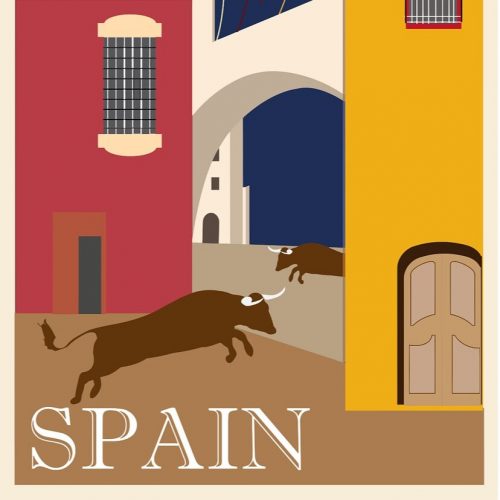
The Languages of Spain: An Introduction
Dear Marta,
We talk about languages and language learning all the time here at Sincerely, Spain. For us, when we talk about learning a new language in Spain, we are essentially talking about Spanish. However, we have to recognize that that is because we haven’t fully entered into the world of languages that exist here, but you should know that while all of Spain technically speaks Spanish, it may not be the first choice of language in some of the regions of Spain. That is why today we are diving into the different languages you can find in Spain and the impact that history has had on how people speak in this country.
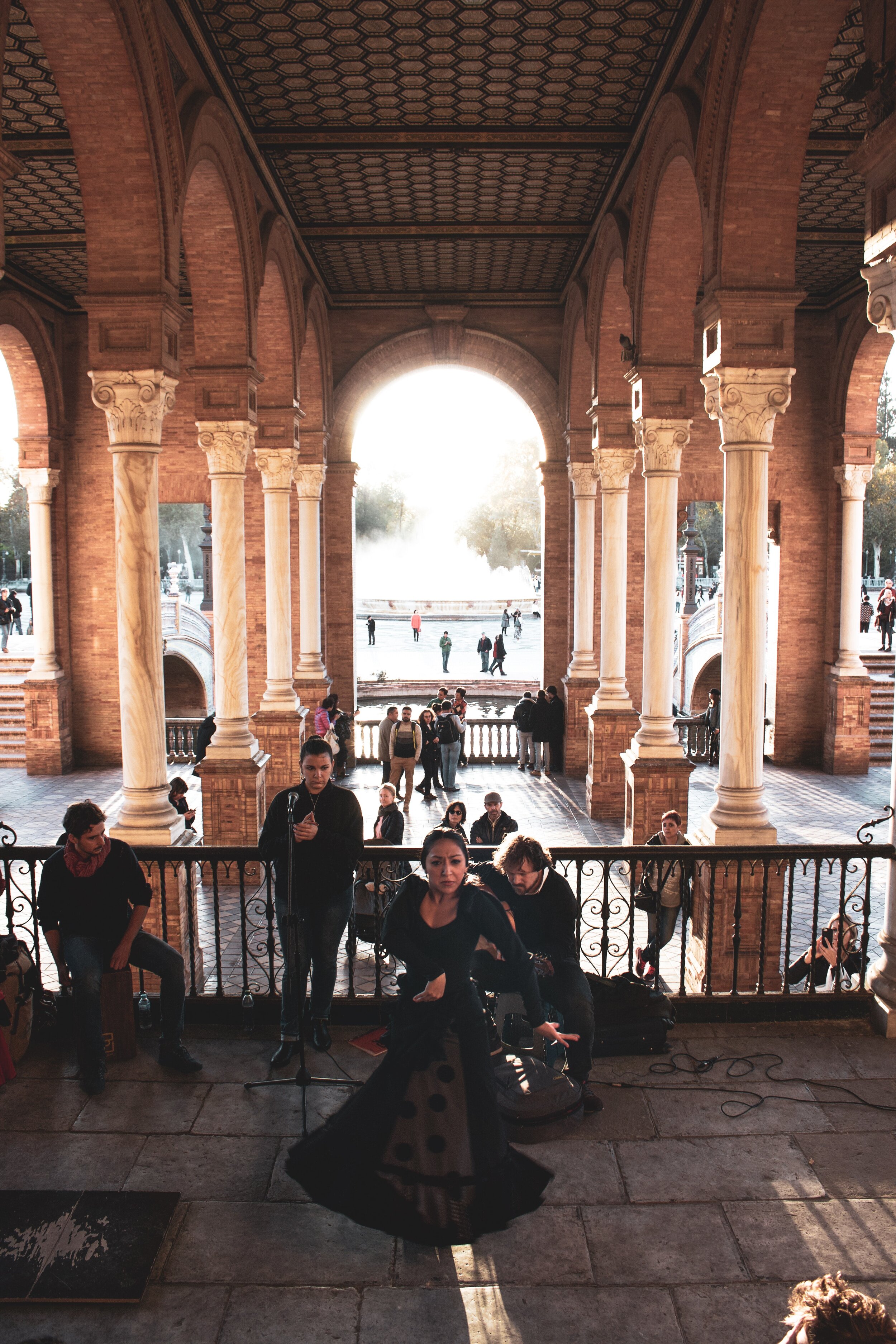 Spanish
Spanish
When we think of Spain, most people tend to think of Spanish. However, within the Spanish language itself, there is a distinction between types of Spanish, or español, and one of the main distinctions is that Spaniards will more likely say that they speak castellano. Now, you may ask “what is castellano and what is the difference between castellano and español?” For that, we need to dive a little bit into Spanish history.
The language that originated in Spain is Spanish and, due to the colonization that was led by the Spanish, mostly in the Americas but also in other parts of the world including the Philippines in Asia, the language has spread. This powerful empire was started in the 15th century with the Catholic Monarchs or the Reyes Católicos. Like we talk about in the article linked, the Catholic Monarchs worked to unify what is (approximately) modern day Spain under one leader, one religion, and one language.
This language has, of course, taken on nuances in all the different places where it has developed. In most places, it will have mixed more or less with the native language. In other places, Spanish will have disappeared a generation or two after Spain was no longer the ruling power (not so different with what we see with other colonizing powers such as Great Britain or France). However, when people in Spain refer to the Spanish language they speak, they usually call it castellano or Castilian Spanish.
Historically speaking, this makes sense because the Catholic Monarchs, King Ferdinand and Queen Isabella, worked to unite the people of the Spanish peninsula. And, although she died in Granada, Queen Isabella was originally from Castile (or Castilla in Spanish) where they are said to speak one of the purest forms of Spanish. Of course, here we must recognize that by “pure” we are talking about a language that is most true to historical roots, not a type of Spanish that is inherently better than other forms.
In this we would like to be adamant—from our perspective, we do not consider one kind of Spanish to be “better” or “worse” than another kind of Spanish but we do acknowledge that the language has evolved differently in different places. With this brief introduction to Spanish from Spain, we would only like to shed insight, not to make any judgement. Both Dani and Claudia spent time in different Spanish speaking countries and have interacted with people from other places around the world. While we are partial to the Andalusian dialect found in Granada (see more about dialects below), that is only because we have lived there longest and made it our home.
Official Languages
Spanish: Like we mentioned about above, Spain is the main language in Spain. In many regions, it may be the only language that is spoken or learned at school. However, other languages are used as main languages in other regions of Spain.
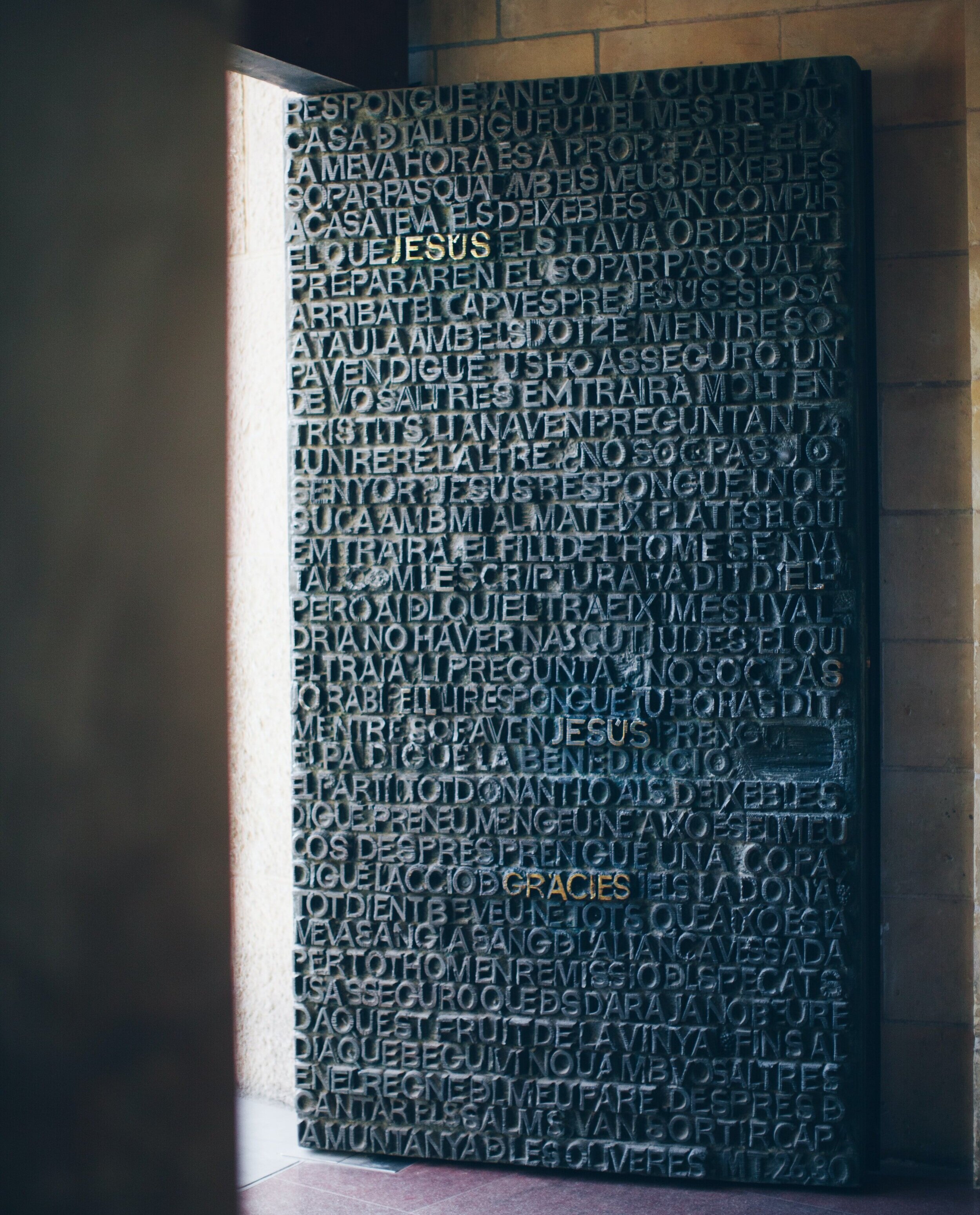 Catalan: Catalan (or català in Catalan) is the language that is spoken in Catalonia in addition to other regions around Catalonia including the Balearic Islands (Mallorca, Menorca, Ibiza, and Formentera in addition to some smaller islands). In recent years, you may have heard about the region of Catalonia trying to separate from the rest of Spain through a variety of votes. While they have not yet managed their independence, the people of this region are very proud of their languages and their customs. Therefore, although you will find people who speak mainly Spanish throughout the region, do not be surprised if people prefer to speak English over Spanish in larger cities or only speak Catalan in smaller areas.
Catalan: Catalan (or català in Catalan) is the language that is spoken in Catalonia in addition to other regions around Catalonia including the Balearic Islands (Mallorca, Menorca, Ibiza, and Formentera in addition to some smaller islands). In recent years, you may have heard about the region of Catalonia trying to separate from the rest of Spain through a variety of votes. While they have not yet managed their independence, the people of this region are very proud of their languages and their customs. Therefore, although you will find people who speak mainly Spanish throughout the region, do not be surprised if people prefer to speak English over Spanish in larger cities or only speak Catalan in smaller areas.
People say that Catalan is like a mixture of Spanish and French, with a little bit of Portuguese or Italian thrown in for good measure. If you are able to speak Spanish, we believe you will be able to pick up on some things pretty easily. For example, Claudia lived abroad here for about eight months before she became fluent in Spanish and was able to understand a good deal but wasn’t really able to communicate in Catalan.
One thing to be aware about is that many things in this region might only be in Catalan (such as road signs) and that can be confusing in some situations.You may also find that things like menus will only come in Catalan, especially in smaller cities. Nowadays, with access to a smartphone or a dictionary, you won’t have problems understanding what you are looking for but, be aware, that you should be translating from Catalan and not Spanish!
Valencian: The differentiation between Catalan and Valencian (valenciano) to many is very slight and there is some discrepancy if the two languages are actually dialects of the same language. While the people of Valencia do support the idea that these two languages are different, they are, generally speaking, less passionate about their own language than the Catalans. We have included it here because it is currently the co-official language of the Valencia region, although you will find people who speak it in parts of Murcia as well.
Galician: Or gallego, feels like a mixture between Portuguese and Spanish, which makes sense Galicia is located where the top of Portugal mixes with Spain, once part of a united Galician-Portuguese region. Of all the Spanish languages, this one is the one that is most similar to Spanish. If you can understand Spanish, you will most likely be able to read and understand some Galician, although, depending on the area you are, being able to grasp what is being said might be difficult. And if you know Spanish and Portuguese, you may find yourself confused in which language you are until you come across a word that doesn’t fit in either language.
This language is a co-official language in the region of Galicia but is also spoken in other areas that are close by, including some parts of Asturias and Castile and León, although it is not an official language there. Within Galician, there are three main recognized dialects that correspond to the eastern, central, and western areas where people speak the language. While people in Galicia are proud of their language, they are in their majority bilingual and willing to speak in Spanish as well.
 Basque: The history of the Basque Country is truly unique, as is the language (euskera or euskara in Basque) that has developed there. Considered among the oldest languages in Europe, this language has very little in common with other languages spoken in Spain. Unfortunately, even as an expert Spanish, Catalan, and Galician speaker, you will not be able to understand even the most simple things in Basque.
Basque: The history of the Basque Country is truly unique, as is the language (euskera or euskara in Basque) that has developed there. Considered among the oldest languages in Europe, this language has very little in common with other languages spoken in Spain. Unfortunately, even as an expert Spanish, Catalan, and Galician speaker, you will not be able to understand even the most simple things in Basque.
Like in Catalonia, Basque is closely tied to an independence movement that was carried out (and still is being carried out by some) with the intention to claim independence from Spain. The region has a history of being oppressed and the people have had several uprisings against the Spanish king or governing body over the years. The infamous group ETA is the most recent of groups working towards independence and, although they have moved to non-violent forms of protest in recent years, were known for their different forms of protest against Spain.
At the same time, maybe because their language is so different from Spanish, you will find that most native Basque speakers will speak Spanish with you. Almost everyone in the region is fluent in Spanish and they seem willing—or more willing than the Catalans at least—to speak Spanish. You will find people speaking this language in the Basque Country and a couple of other regions in Spain as well as the French Basque Country on the other side of the border.
Note: Check out this map for an overview of the distribution of the languages in Spain and how Castilian Spanish has evolved over the years in the country. The map is in spanish but you can compare the names with those shared here.
Non-Official Languages
Depending on where you are and who you are speaking with, you may find that any of the following show up as non-official languages that people speak. Here, by non-official, we mean that these languages are not used in official or governmental proceedings although they are nationally recognized and spoken by the people of the region. Knowing what languages are still languages today, and which are dialects of each other or the Spanish language is not as simple as it seems as there are many. Here we are sharing a couple of non-official languages with you and where you might find them in Spain. Please note that this list is not exhaustive and if you want to add on any languages, please feel free to share them in the comments!
Aragonese: Known in Spanish as aragonés, fabla aragonesa, or simply fabla this language spoken in some areas of Aragón, one of the most important regions in uniting the Spain we know today as King Ferdinand of the Catholic Monarchs was from this region and, historically, it held a lot of power. Today we know this language as a spoken language that was used among common people. Currently, its prominence in Spain is not very strong and the speakers of the language are worried that it may, in the not too distant future, become extinct.
Extremaduran: Called extremeño in Spanish, this language is spoken in various parts of Extremadura. Like Aragonese, this language was traditionally a spoken language and, today, it is difficult to know how many people speak the language or speak a dialect of Spanish with extremaduran elements. Like Aragonese, there is a worry that this language may become extinct in the future because of the number of speakers and learners of the language.
Asturian: Asturiano or bable in Spanish, this language is spoken in the extreme northwest of Spain. This language is well developed, even if it is not an official language, and has its own dictionary and grammar and orthographic norms, based on a central language made up of various dialects.
Leonese: In Spanish this language has many names, such as leonés and is recognized—but not official—in the area of León. This language is connected with Asturian because, due to physical proximity, some people in the regions of Asturias speak Leonese and some people in León speak Asturian. Like many of the other languages spoken in Spain, there is fear of extinction of this language and new movements to make it more popular among younger generations.
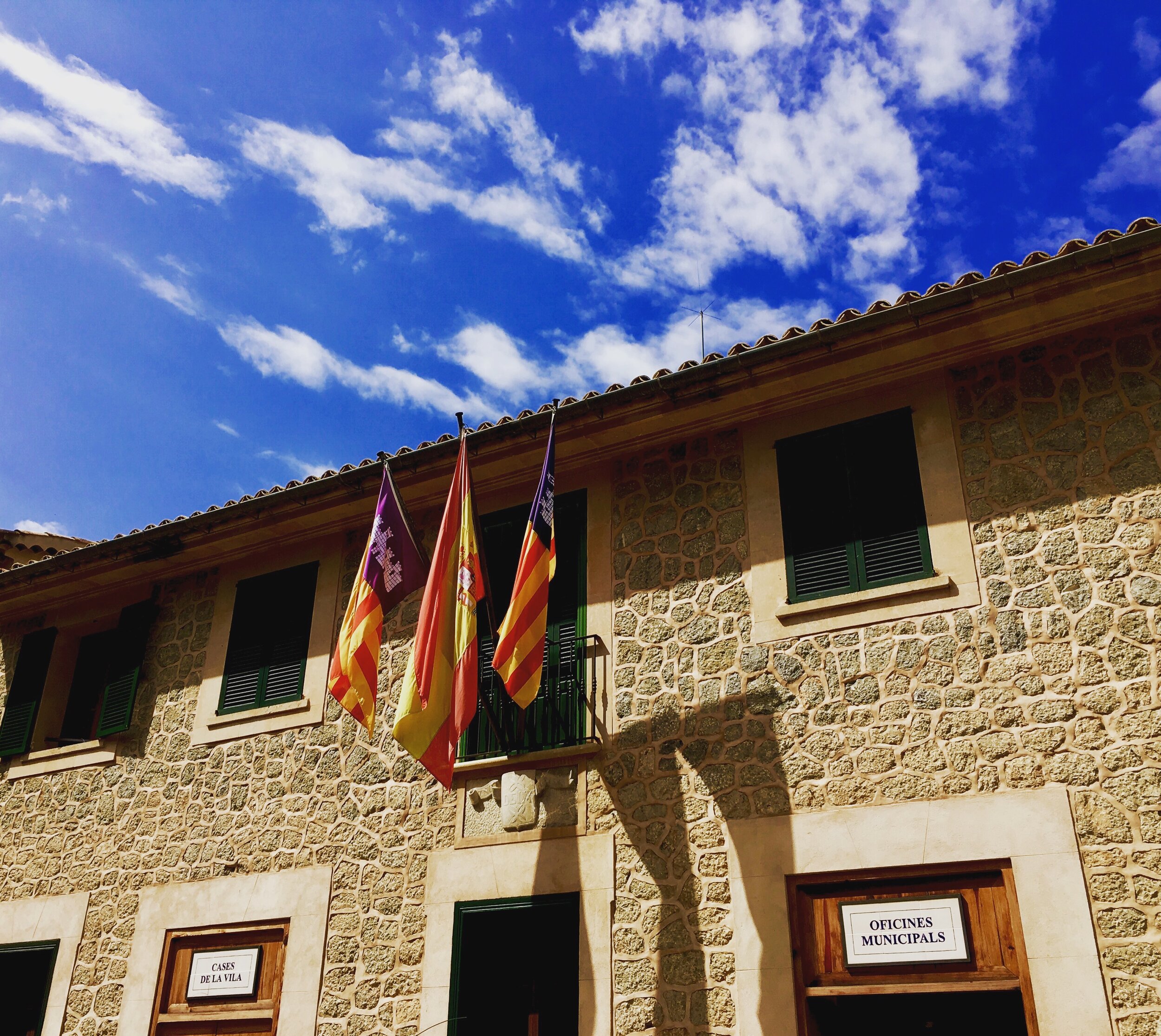 Dialects
Dialects
With all the official and non-official Spanish languages, you will find many different dialects. In some cases, such as the Basque country, this is because the language was mainly a spoken language for many years and only relatively recently (compared to the age of the language itself) has there been a movement to unify it as a written language. In other cases, such as in Andalusia, people speak with their own accents, phrases, and slang. For example, in Andalusia, people are known for strong accents, oftentimes cutting off the ends of words beyond what most native Spanish speakers from around the world do.
You will also find that in places that are a bit more geographically isolated, such as the Balearic Islands, people speak differently than on the mainland. While the language spoken on these Islands is generally recognized as Catalan, people do notice the differences from mainland Catalan as well. In addition, on the Canary Islands, people are speak Spanish but it is regarded almost a Spanish more comparable to Latin American Spanish than most of mainland Spain.
Finally, in regions where you have bilingual speakers, it is not unusual to find that people who grew up speaking Catalan or Basque or Galician at home may speak Spanish differently to the rest of Spain. That is because Spanish is often learned at schools, and not always practiced in informal situations. This means that students tend to spend time learning the language academically but will fall back on their first language for casual conversations. In addition, because most of the languages are quite similar to Spanish (with the exception of Basque, of course), the first languages people learn impacts how they speak Spanish.
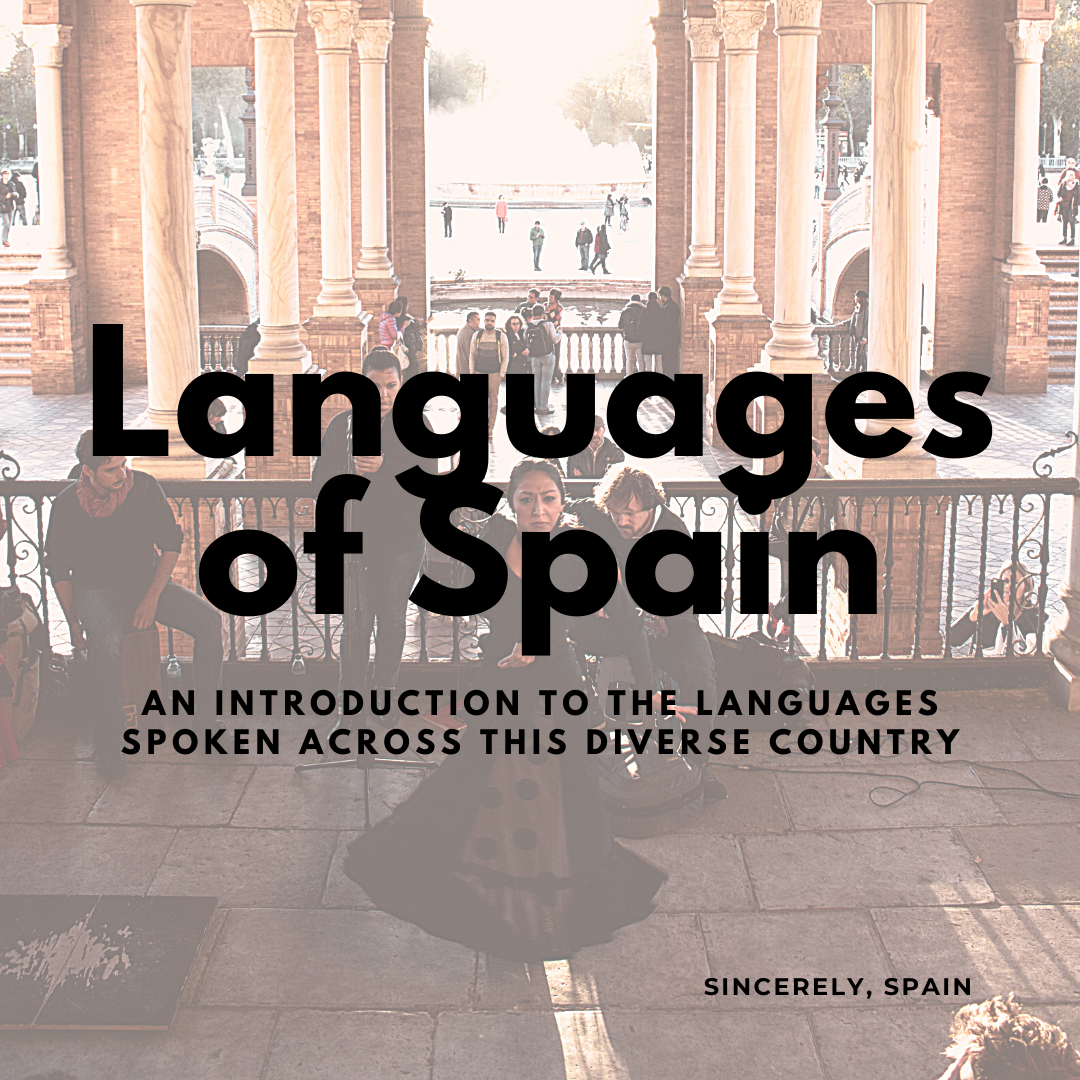 Franco and the Languages of Spain
Franco and the Languages of Spain
We think there is still quite a lot you probably didn’t know about the languages spoken across Spain and, if you are interested, so much more you can learn about these different ways of communication. One final thing we want to share with you is that while the different languages and dialects used across the country have played their role in history, they have also been oppressed. Why? Because throughout history one of the easiest ways to unite people has been by making them speak the same language and participate in the same religion. We can see that Spain was unified under the Catholic religion by the Catholic Monarchs but the different languages have always seemed to persist.
However, that is not for a lack of trying. One of the most recent attempts to unify Spain under the Spanish language was by Francisco Franco, dictator of Spain from 1939 (the end of the Spanish Civil War) until his death in 1975. During the majority of his rule, Franco banned the regional languages from public places, with the insistence that only Spanish should be used. During this time, the transformation was intended to be total, only allowing Spanish to be used in schools, politics, etc. To achieve this, books were burned, streets were renamed, and people caught using languages other than Spanish were punished.
Luckily, for diversity purposes, many of the languages still continue, although some are much more prominent than others. Today, Spanish is still the official language of the country and citizens are required to know and use it. At the same time, the richness that the language diversity brings to the country is also recognized and co-official languages are permitted as well in schools, politics, religious events, etc.
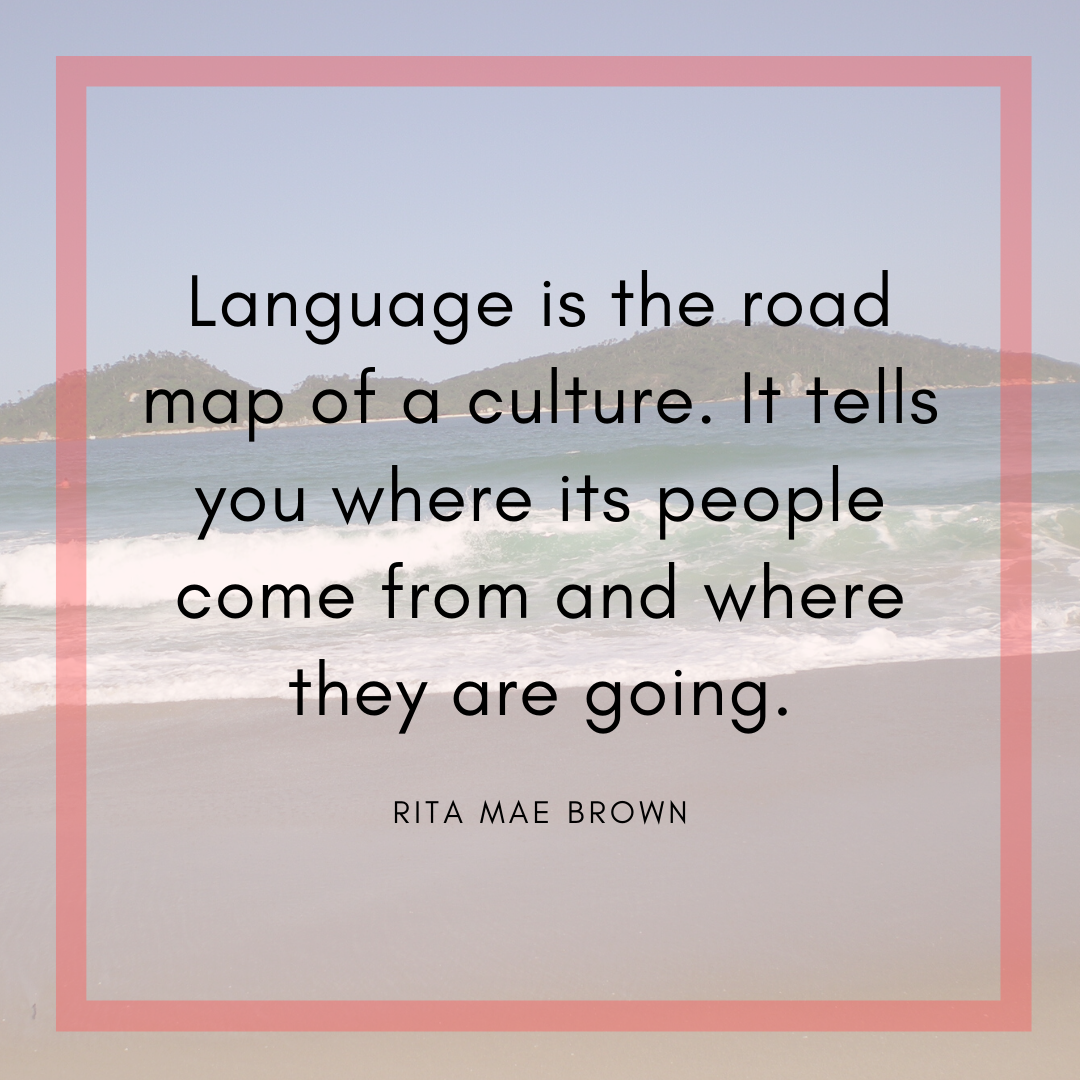 While we consider this just to be an introduction to the languages that are spoken in Spain, we hope that it helps you open your eyes to the amazing diversity that you will find in this incredible country. How many of these languages have you experienced? How many of these languages can you speak?
While we consider this just to be an introduction to the languages that are spoken in Spain, we hope that it helps you open your eyes to the amazing diversity that you will find in this incredible country. How many of these languages have you experienced? How many of these languages can you speak?
Let us know what else you would like to know about Spain, the languages, and Spanish history in the comments!
Sincerely,
Spain
Resources:
https://www.tripsavvy.com/which-languages-are-spoken-in-spain-1644324
https://www.linguaschools.com/blog/2015/07/15/how-many-languages-are-spoken-in-spain/
https://www.speakeasybcn.com/en/blog/the-languages-of-spain-which-languages-are-spoken-in-spain
https://www.babbel.com/en/magazine/which-languages-are-spoken-in-spain
https://www.linguaschools.com/blog/2015/07/15/how-many-languages-are-spoken-in-spain/
https://en.wikipedia.org/wiki/Languages_of_Spain
https://es.wikipedia.org/wiki/Idioma_aragon%C3%A9s
https://es.wikipedia.org/wiki/Extreme%C3%B1o_(ling%C3%BC%C3%ADstica)
https://es.wikipedia.org/wiki/Asturiano_(asturleon%C3%A9s_de_Asturias)
https://es.wikipedia.org/wiki/Leon%C3%A9s_(asturleon%C3%A9s_de_Le%C3%B3n_y_Zamora)


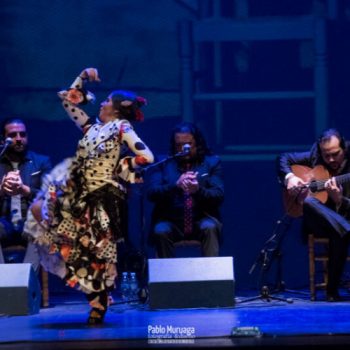


2 Comments
margaretnahmias3184@msn.com
Galician and Portuguese were one language at one time but they probably split when the kingdom of Lusitania became Portugual andGalcia became part of Spain.
Sincerely, Spain
Exactly Margaret! The once united region split, separating one language into two.